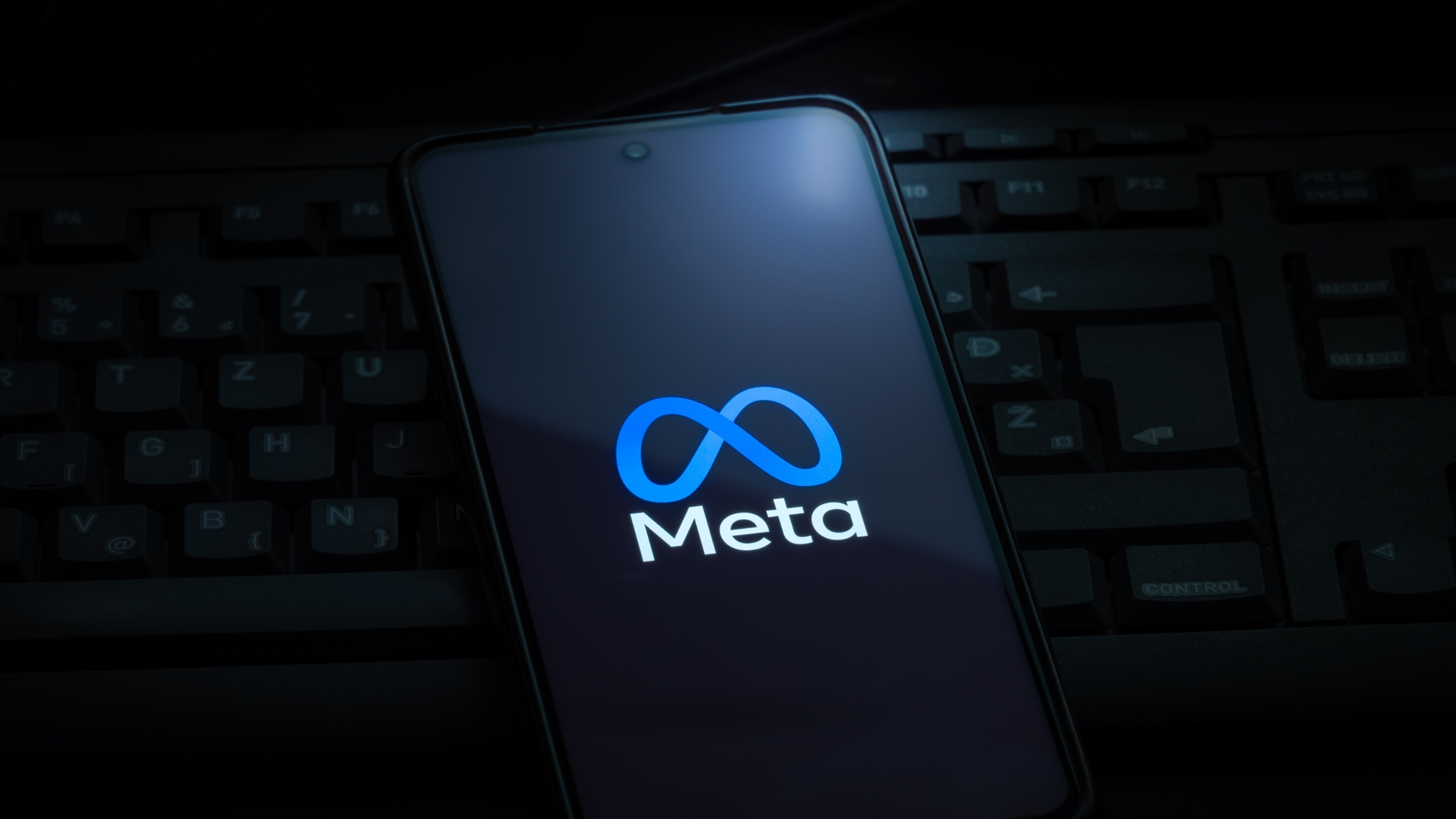
Meta is piloting its new AI text message generator on Messenger, WhatsApp, and Instagram with Alignerr, to make bots remember users, follow up, and initiate conversations through its AI Studio platform.
Transformations exist in the technology we employ to interact with social media. No longer shall users wait to start talking; Meta’s bots are learning to reach out first. Internal documents suggest that these AI message bots platforms aren’t just designed to chat but to engage as well.
Be it music, movies, or daily life, these bots wish to be more like digital companions, personalized, persistent, and very much present across apps.
Conversation-Starter Chatbots
Meta’s new approach to dispatch chatbot messaging aligns with the giant’s vision to customize users’ experiences.
In collaboration with data labeling firm Alignerr, Meta is training chatbots to pick up where earlier conversations left off. If you’ve messaged a bot at least five times over two weeks, the AI text message generator may check in unprovoked.
One test case is a movie bot sending a lighthearted invite:
“I hope you’re having a harmonious day! I wanted to check in and see if you’ve discovered any new favorite soundtracks or composers recently. Or perhaps you’d like some recommendations for your next movie night? Let me know, and I’ll be happy to help!”
Meta indicates users can make bots private or publicly share them in stories, direct links, or profile features. Proactive AI messages won’t keep messaging if you don’t respond to the initial follow-up.
“This allows you to continue exploring topics of interest and engage in more meaningful conversations with the AIs across our apps,” a Meta spokesperson said.
Privacy, Risks, and Future Goals
These AI texting assistant tools appear to be helping or entertaining, but authorities are watching attentively for safety concerns.
Character.AI and Replika have been accused of emotional dependency and, in some cases, terrible consequences. Meta has not indicated whether there is a strict age limit on the bots, though some US states restrict use among teenagers.
Meta highlights users to disclaimers that inform that bots may post incorrect or inappropriate responses and cannot be employed to replace medical, legal, or professional advice. Despite this, the company continues to produce proactive AI messages as part of its larger AI initiative.
Revenue is also a significant contributor. Unsealed court filings reveal Meta is gearing up to have its generative AI offering, like the SMS AI generator platform, pull in billions in 2025, with projections reaching as high as $1.4 trillion by 2035.
While not all information is available, it’s apparent that Meta views its AI text message generator as something more than a trend. As it continues to evolve and increasingly shapes the way we communicate online, the company’s AI tool for texting models is emerging as the center of how we’re going to communicate online.
While Meta says it has content safeguards in place, the rise of voluntary bot outreach brings new concerns. The idea of AI messaging users unprompted, especially on platforms used by teens, raises ethical questions about oversight and responsibility.
Past glitches in AI behavior show that even well-designed systems can cause harm if not carefully managed. As these AI generator text tools become more common, Meta handles trust and safety will be just as important as the technology itself.
Inside Telecom provides you with an extensive list of content covering all aspects of the tech industry. Keep an eye on our Tech sections to stay informed and up-to-date with our daily articles.